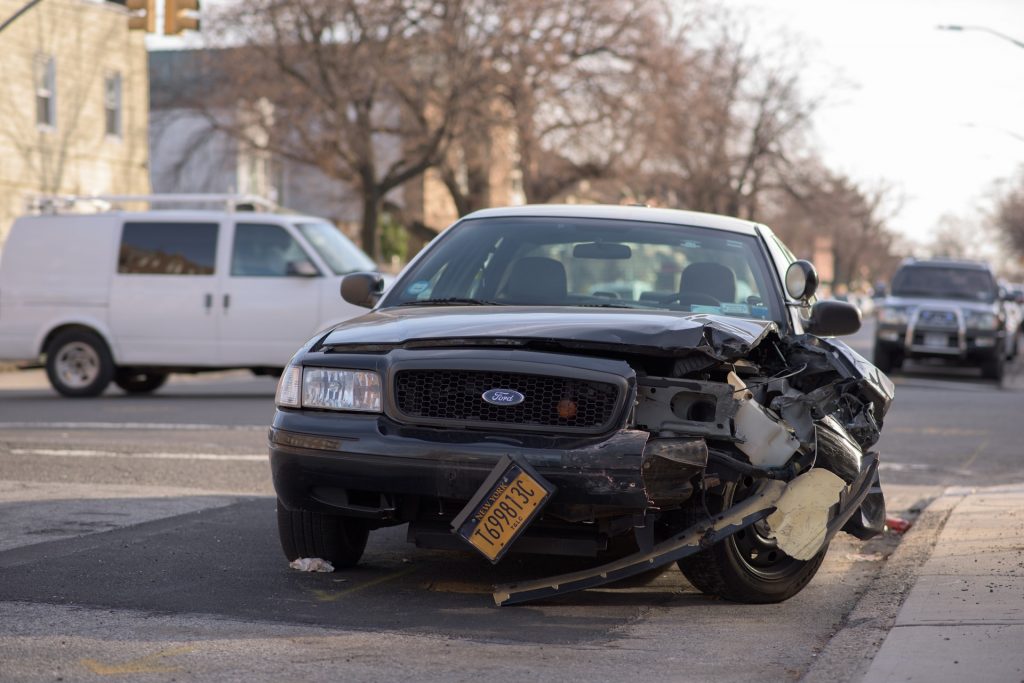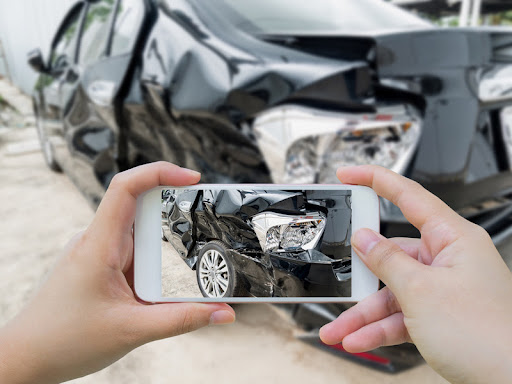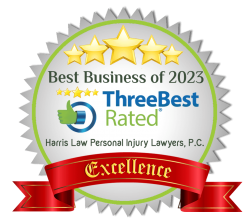No one is ever really prepared for an accident. Even if you manage to expect the unexpected, the wake of tragedy can impose a world of emotional, financial, physical and psychological stress on you and your loved ones. When an accident happens, you don’t need to shoulder the burden alone – it’s important to take advantage of the circle of support resources at your disposal.
From your family and friends to your medical safety net, you have a devoted team waiting to help you get your life back on track. Each member of this team plays an important role in reducing the stress and burden of the accident, so use each one to the fullest.
Here are ten crucial steps to keep in mind in the wake of an accident.
 1. Take Care of Yourself First
1. Take Care of Yourself First
After an accident, it’s easy to feel panicked and confused. The first thing you need to do is take a step back. Assess your medical needs before you react to the situation. Are you hurt? Do you need medical assistance? Resist the urge to jump back on your feet and get moving – adrenaline can mask many injuries, and sudden movements can do a lot of harm down the road.
2. Assess Your Surroundings
If you don’t have any pressing medical concerns, the next step is to make sure you’re not in immediate danger. Look around and check for anything that might pose an immediate threat, such as oncoming vehicles or fire. Your immediate safety is the top priority right now, so make sure the danger is over before you take additional steps.
Once you’ve taken care of these immediate concerns, it’s time to bring in outside resources. Here are a few important ones to start with.
3. Emergency Services
In the event of a serious accident, 9-1-1 is your first and best resource. The first responders on-scene are usually EMS, who will help to restore order and help you begin the recovery process. They also file reports on your medical condition, which can be a vital resource if you choose to seek compensation later on.
The police are also critical to helping you get control of the situation. If you’re unsure how to proceed, it’s wise to wait until the police arrive – they provide the guidance and authority you can rely on in a serious accident. The police will also take detailed reports of the situation, as well as statements from all parties involved. These documents will become a valuable resource when building a legal case.
4. Insurance Provider
After the worst is over, your insurance provider is often an important resource in gaining the compensation you deserve. While most documents and information from the accident will be passed directly to your insurance provider, it’s a good idea to keep copies for yourself just in case.
5. Doctors
Doctors are there for you for the initial medical assessment, as well as follow up examinations and continuing treatments. Let them guide you through the process of physical healing, and remember that there are no silly questions. No matter how insignificant or unrelated your symptoms seem, it’s a good idea to report them to your physician just in case.
Your doctor is the expert, so give him or her the complete story from start to finish. Keep your doctor up-to-date on any developments and suspicions you have about your ongoing recovery, and remember to follow all instructions. Even if you’re feeling better, it’s crucial to finish your prescriptions, follow the doctor’s advice, and go to all follow-up appointments. Your doctor also keeps detailed records of your condition and recovery, so remember that they can be a great help when seeking the compensation you need.
6. Registered Nurses
Don’t underestimate your nurses – they are often your primary point of contact with the hospital. If you require a prolonged stay in the hospital, keep your nurses aware of your needs. They are equipped to keep you comfortable and healthy as you make your recovery, so don’t hesitate to lean on them.
7. Psychologists
Physical and mental health is intertwined, and in the wake of a traumatic event both can suffer. The doctors are taking care of your physical well being, so let a psychologist help you with your emotional needs. A good psychologists or family counselor can reduce the stress you and your family undergo, smoothing the road to recovery.
8. Social Workers
Friends and family are a great safety net, but those closest to you can be affected immensely following your serious injury. A social worker can help reduce the burden on you and your loved ones, supporting you through the toughest parts of your recovery.
9. Rehab and Physical Therapy
Even with the best medical treatment, you may still feel that you aren’t back where you were before the accident. Physical therapy and rehabilitation are instrumental in providing the education and treatment to get you back to full strength.
10. Personal Injury Lawyers
A good personal injury lawyer is your best protection during the aftermath of an accident. Friends and family are full of great advice, but a personal injury lawyer is only sure way to outsource the stress and anxiety that comes with a traumatic accident.
At Harris Law, we’re here for you every step of the way to ensure that you get the compensation you deserve. Our personal injury lawyers are here to guide you through the process so that you can focus on a stress-free recovery. Contact us today to see how we can help you get back on your feet.
If you or someone you love has been injured in a vehicular collision, contact us to find out what kind of compensation you deserve. Our lawyers are here to help you through the path to recovery.











One thought on “10 Steps to Take After an Accident”